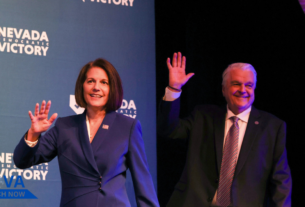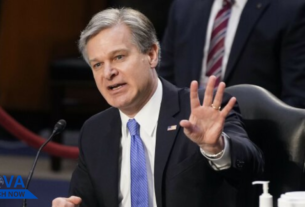By Lumine
WASHINGTON, D.C. National Security Adviser Michael Waltz has officially resigned following a major security breach involving the unauthorized exposure of classified military information. The incident, now widely known as “Signalgate” marks the first high-level resignation from President Donald Trump’s administration in his current term.
The controversy began in March, when Waltz mistakenly added journalist Jeffrey Goldberg, editor-in-chief of The Atlantic, to a Signal group chat where senior officials were discussing top-secret U.S. military plans targeting Houthi rebels in Yemen. The unintentional leak resulted in premature public exposure of sensitive operational strategies.
Waltz initially blamed a technical error, but later accepted full responsibility for the breach.
The incident drew intense criticism from within the administration and national security circles. Revelations soon followed that Waltz and his staff routinely used unsecured communication channels, including personal Gmail accounts and encrypted apps, for sensitive discussions.
In addition to Waltz, Deputy National Security Adviser Alex Wong also resigned, deepening the internal impact of the scandal.
President Trump initially defended Waltz, calling him a “good man” who had “learned a lesson.” But as internal frustration and public scrutiny grew, doubts about Waltz’s ability to lead the National Security Council ultimately led to his departure.
The breach has triggered renewed debate over the administration’s management of classified data and the dangers of using non-secure platforms for critical national security discussions.
Looking Ahead
Steve Witkoff, Trump’s envoy to the Middle East, is currently being considered as a potential replacement, though no official appointment has been made.
The Signalgate scandal highlights the urgent need for stronger cybersecurity protocols and discipline in high-level communication practices. As the Trump administration works to restore credibility and prevent future breaches, the fallout from this episode is likely to shape internal policy reforms and national security discourse for months to come.




